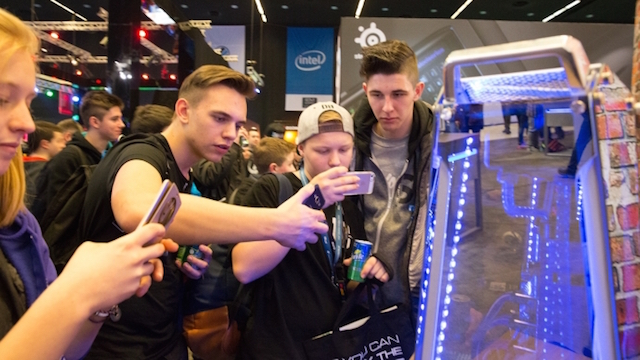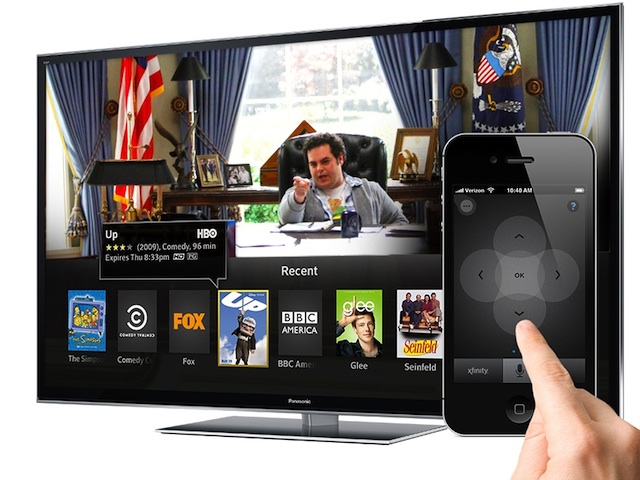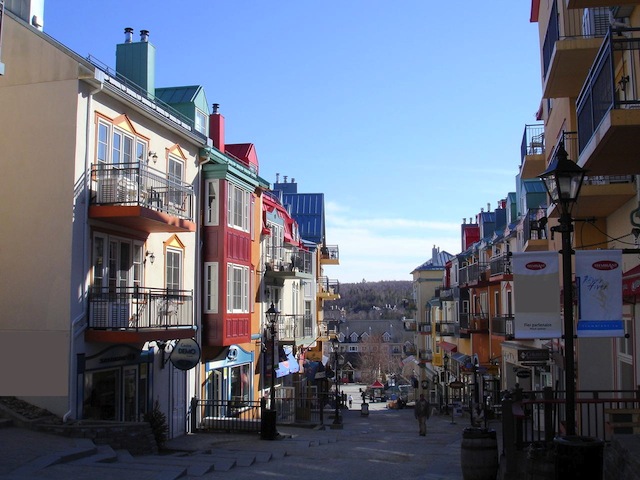Internet and electronic games addiction is a problem that regularly surfaces in the media. In 2015 a Taiwanese man died after three solid days of gaming while in 2010 a South Korean couple allowed their three month child to starve while they concentrated on playing with a virtual child.
Some Chinese families have taken to dispatching their kids to boot camps to cure their addictions with the New York Times reporting how some are resorting to electrotherapy treatments to wean children off games and the web.
Three years ago the Times posted a fascinating and somewhat distressing video story on those Chinese boot camps with tearful teenage boys writing letters home telling their parents how they felt betrayed.
More telling are the comments by the Addiction Specialist Director of the Daixing rehabilitation camp, Tao Ran, who believes the parents are responsible for what their children’s addiction to what he calls ‘electronic heroin’.
“One of the biggest issues among these kids is loneliness,” he tells a parent group. “Did you know they feel lonely? So where do they look for companions? The Internet.”
The problem of internet and electronic game addiction is real – exacerbated by the incentives for developers and social media sites to maximise the time users spend on their platforms.
It’s also not just an issue for parents and children. For adults and business owners the lost time, productivity and health issues of spending too much time behind the computer are immense – not to mention the distorted view of the world that comes from a narrow slice of information and opinion.
While electroshock therapy certainly isn’t the answer, we do need to be asking questions about responsible and safe use of computers and the internet.
The Chinese response is an extreme, and probably unworkable, solution to the problem of electronic addictions however we will have to find ways to manage it.




